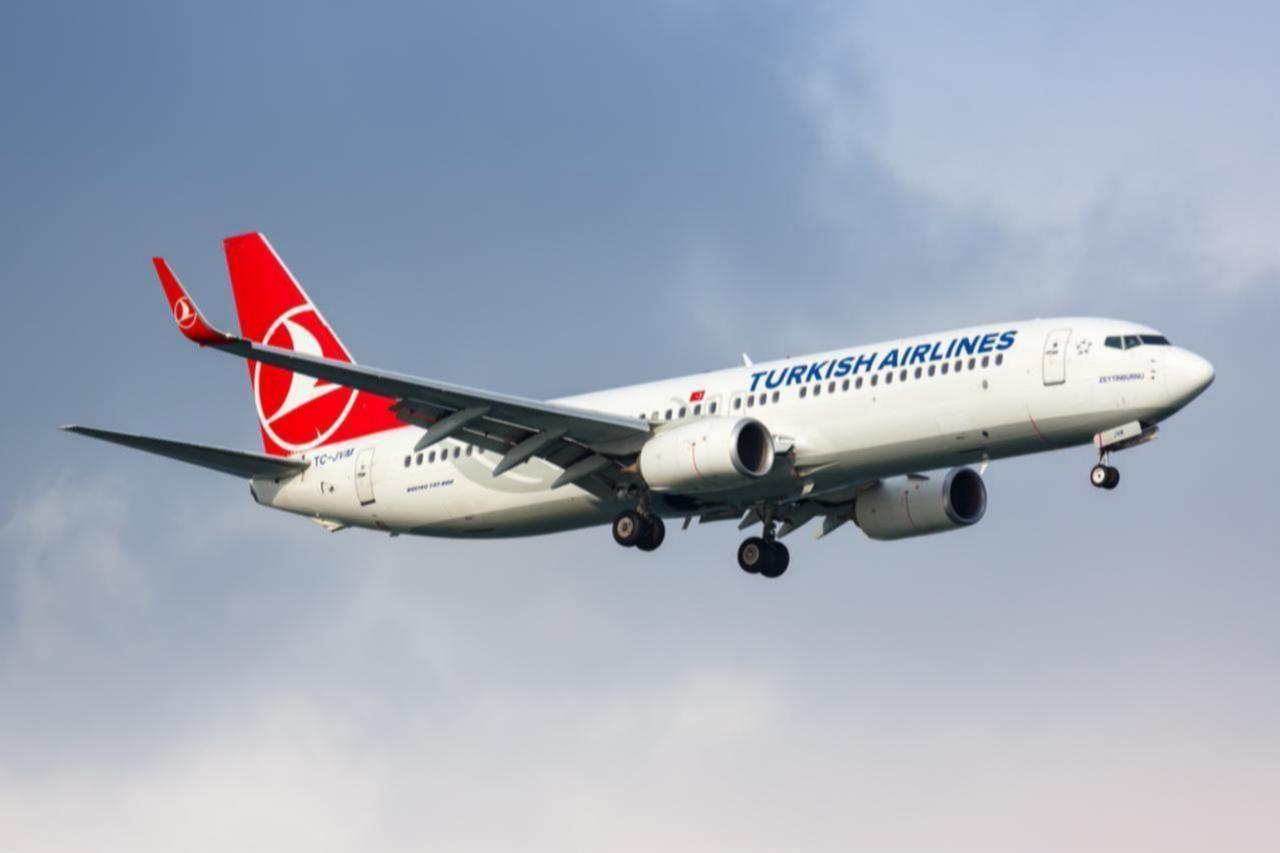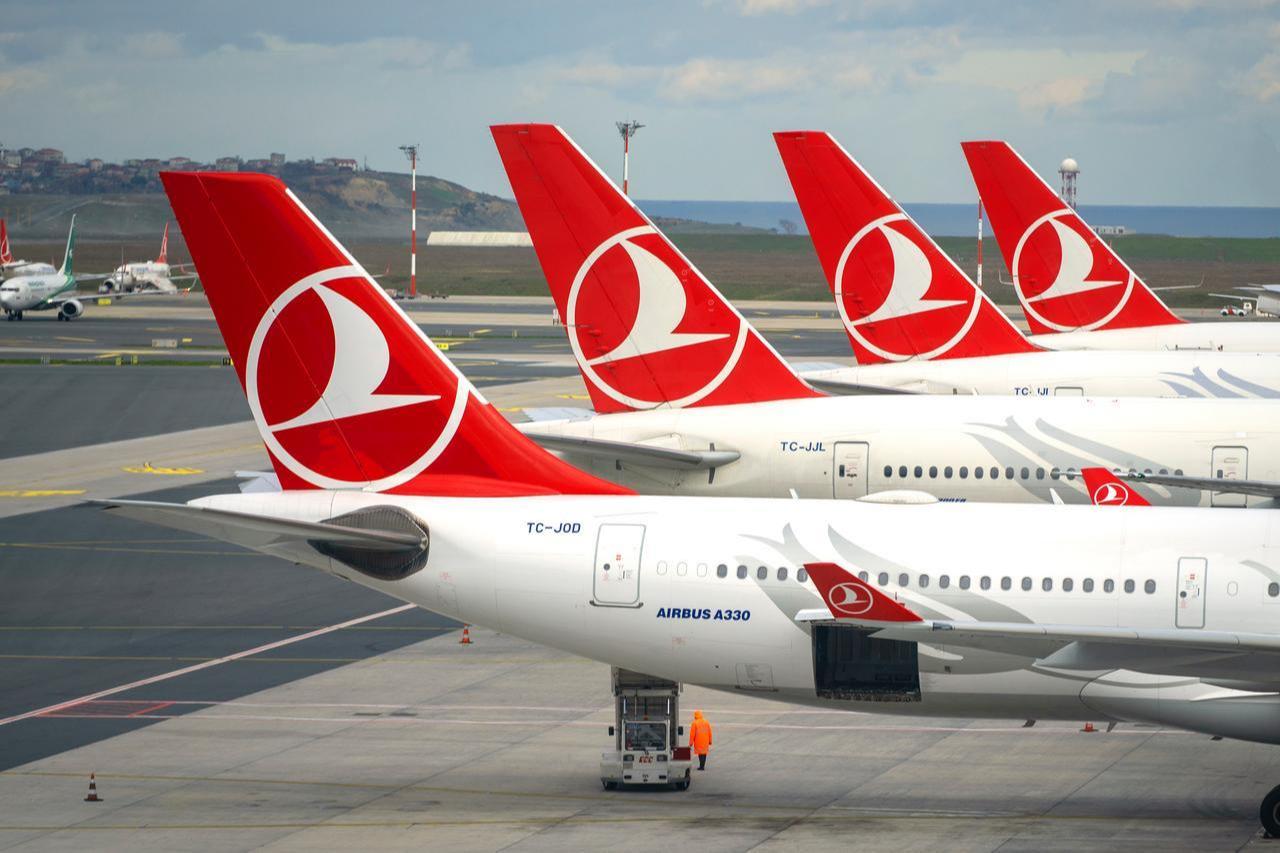
Türkiye's flag carrier, Turkish Airlines, is preparing for critical talks with Boeing and engine supplier CFM International over the coming weeks to discuss the future of a major aircraft order, according to reports.
The discussions come in light of persistent challenges with engine supply chains, which have delayed delivery schedules and resulted in widespread maintenance issues across the airline industry.
Turkish Airlines had originally placed an order in September for 150 aircraft, with the possibility of adding 75 more as options, totaling up to 225 planes. The order consists of 150 Boeing 737 MAX aircraft—100 firm orders and 50 options for the 737-8 and 737-10 MAX variants.
The airline's concerns primarily revolve around engine shortages and extended delays in maintenance. Additionally, a possible deal could also lead to the establishment of an additional engine maintenance center in Türkiye.
Turkish Airlines Chairman Ahmet Bolat had previously stated that the airline would only proceed with the major Boeing deal if Boeing and its engine supplier CFM offered "favorable economic conditions."
"If not, we will move on," Bolat said in an interview with Reuters, indicating that Turkish Airlines is prepared to explore alternatives with Airbus.

On the other hand, Pratt & Whitney's ongoing delays are complicating Turkish Airlines' potential shift to Airbus, as engine supply issues have grounded aircraft and prolonged maintenance, adding uncertainty to the airline's decision.
Turkish Airlines has been vocal about the disruptions caused by Pratt & Whitney’s engine repair delays, particularly affecting its Airbus A320neo-family aircraft.
In early October, Turkish Airlines' Chief Financial Officer Murat Seker stated that the carrier began 2025 with 35 Airbus jets grounded due to unusually long waiting times for engine repairs, and this number is expected to rise to 45 by the end of the year, affecting more than 10% of its single-aisle Airbus fleet.
Founded in 1933 as a state-run company, Turkish Airlines is one of the most prominent global carriers, with destinations spanning over 350 cities across 130 countries.
As part of its expansion plan, the airline aims to grow its fleet to 813 aircraft by 2033, up from 388 as of September.